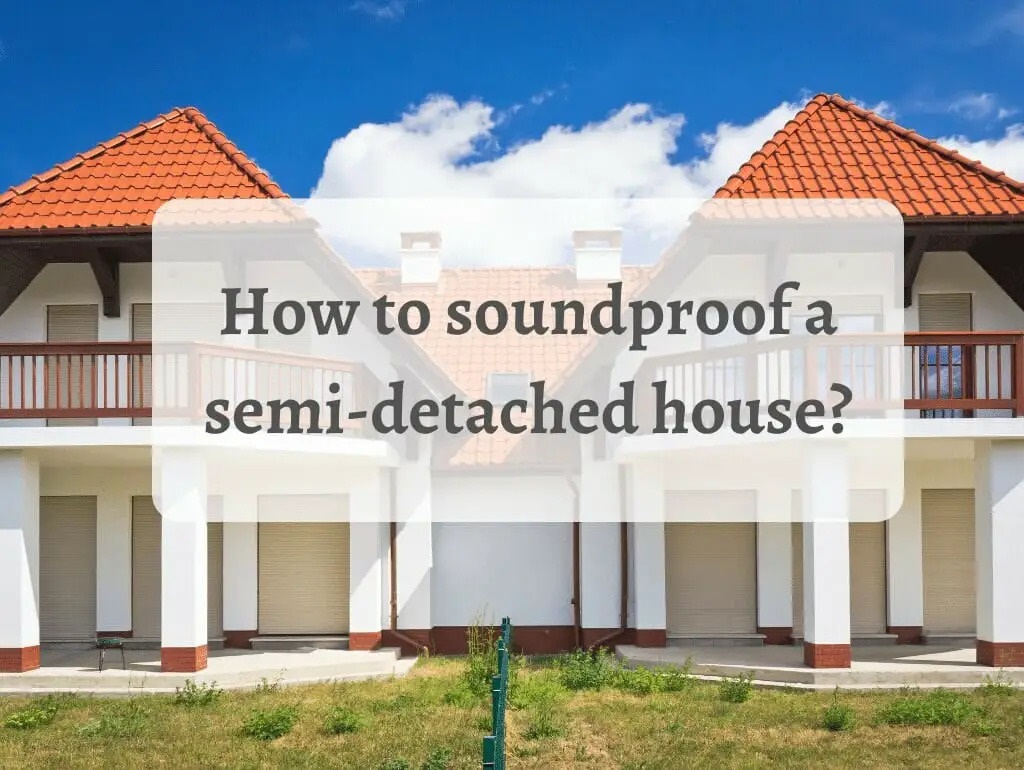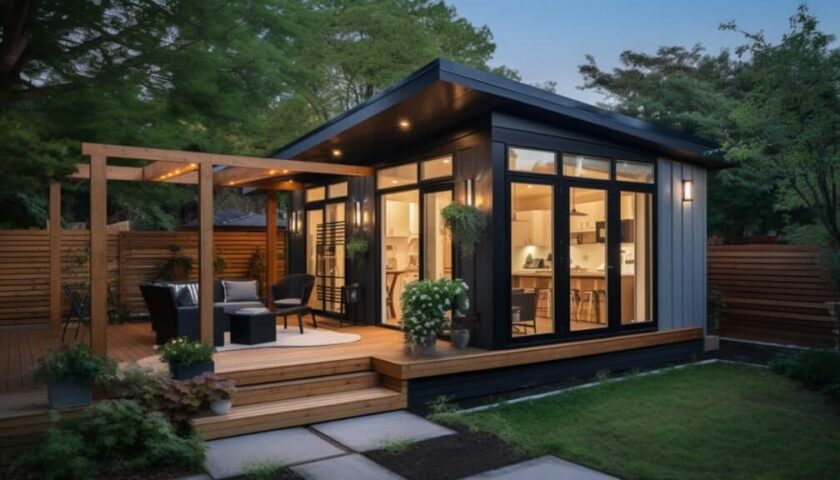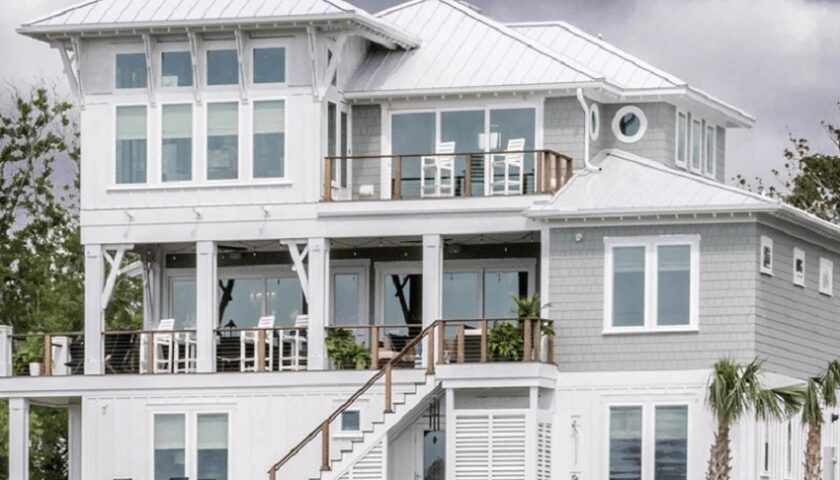If you’ve ever lived in a bustling neighborhood or near a busy road, you understand the constant challenge of noise intrusion into your living space. In the quest for peace and tranquility, many people are drawn to the idea of living in a detached house. The allure of having fewer shared walls and more space between you and your neighbors can indeed provide a sense of serenity. But just how soundproof is a detached house? Let’s delve into this topic and explore the factors that contribute to sound insulation in a detached home. This content is presented by Creativejasmin.com.
Understanding the Basics of Soundproofing
Before we dive into the specifics of detached houses, it’s important to grasp the basics of soundproofing. Sound is essentially vibrations that travel through the air or materials. Soundproofing aims to minimize the transmission of these vibrations from one space to another. It involves creating barriers and using materials that absorb, block, or deflect sound waves. Explore soundproofing between semi detached houses.
The Advantage of Detached Houses
Detached houses inherently possess a key advantage when it comes to sound insulation – they have fewer shared walls. Unlike apartments or townhouses, where noise can easily travel through thin walls, a detached house offers more space between you and your neighbors. This spatial separation provides a buffer zone that can significantly reduce the amount of noise that enters your living space.
Factors Influencing Sound Insulation in Detached Houses
- Construction Materials and Techniques: The materials used in building a detached house play a pivotal role in its sound insulation capabilities. Thick, dense materials like concrete and brick tend to absorb sound better than lightweight materials like wood or drywall. Additionally, modern construction techniques can enhance soundproofing by using double-layered walls or adding sound-absorbing insulation.
- Windows and Doors: While walls are important, windows and doors are often overlooked contributors to noise penetration. High-quality, double-paned windows with adequate seals can significantly reduce outdoor noise. Solid, well-insulated doors can also help create a barrier against sound intrusion.
- Roofing: The type of roofing material and its insulation can impact soundproofing as well. A well-insulated roof can prevent rain and external noises from being disruptive. Attic insulation, in particular, can act as an additional layer of sound absorption.
- Landscaping: Believe it or not, landscaping can influence sound insulation. Tall trees, shrubs, and vegetation can act as natural sound barriers, absorbing and diffusing sound waves before they reach the house.
Maintaining Soundproofing in Detached Houses
While detached houses offer inherent advantages in sound insulation, it’s important to remember that achieving complete soundproofing is a combination of factors. Here are some tips to maximize sound insulation in a detached home:
- Seal Gaps and Cracks: Even the smallest gaps or cracks in walls, windows, and doors can allow noise to seep in. Regularly inspect and seal any openings to maintain effective sound insulation.
- Use Rugs and Curtains: Interior furnishings like rugs and heavy curtains can absorb and dampen sound within the house, reducing echoing and noise reflection.
- Strategic Room Placement: If possible, place bedrooms and quiet spaces away from the side of the house that faces noisy areas, such as streets or busy intersections.
Conclusion
In the pursuit of a peaceful living environment, a detached house offers distinct advantages in sound insulation compared to more densely packed housing options. Transform and decorate a studio apartment while incorporating materials, construction techniques, and landscaping to craft a serene acoustic haven, shielding you from unwanted noise.” However, it’s important to recognize that achieving complete soundproofing requires a holistic approach that addresses various aspects of the house’s construction and design.
FAQs
Q1: Can I achieve complete silence in a detached house?
Achieving complete silence is challenging, but a well-designed detached house can provide a significantly quieter environment compared to apartments or townhouses.
Q2: How much do landscaping choices affect sound insulation?
Landscaping can have a noticeable impact on sound insulation. Dense vegetation can act as a natural barrier against outdoor noise.
Q3: Can I retrofit an existing detached house for better sound insulation?
Yes, you can enhance sound insulation in an existing detached house through measures like adding insulation, sealing gaps, and upgrading windows and doors.
Q4: Is soundproofing only about reducing external noise?
No, soundproofing also involves minimizing sound transmission within the house, creating a more comfortable and quiet living space overall.
Q5: Are there professional services that specialize in soundproofing homes?
Yes, there are companies that specialize in soundproofing solutions for homes, offering expertise in materials, construction, and design modifications.





